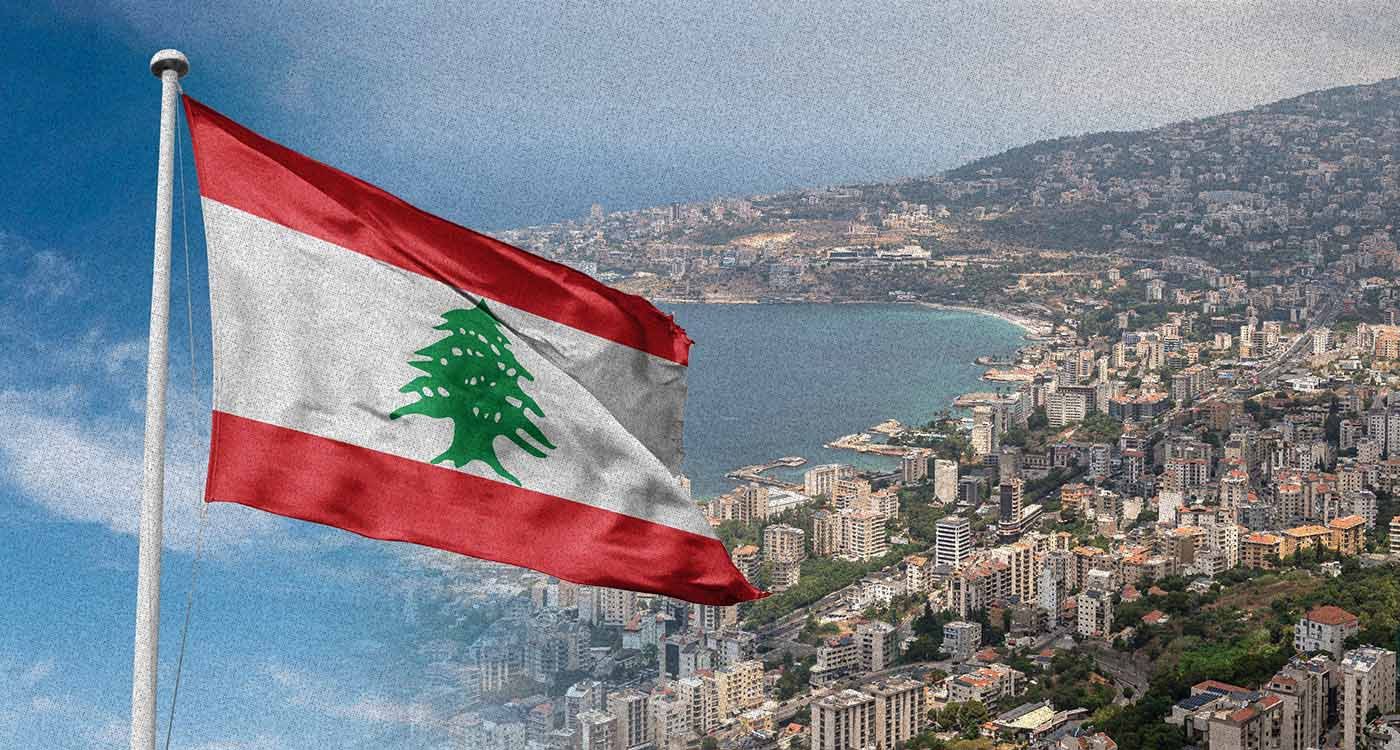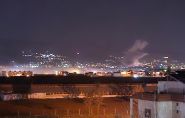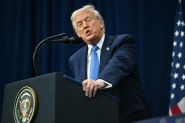
“Shia, Shia, Shia,” the cri de guerre of Hezbollah’s partisans for mobilizing and rallying the Shia community in a country that is religiously, culturally, and politically diverse, is a blatant demonstration of communal allegiance over national belonging.
Lebanon is one of the world’s most divided countries. Its diversity has complicated the development of a stable political arrangement and impeded the development of a single national identity.
In his book A House of Many Mansions, historian Kamal Salibi highlighted the underlying fact that the Lebanese have always lacked a common vision of their past, disagreeing fundamentally over their country’s historical legitimacy.
Christians and Muslims have used nationalist ideas in a destructive game, which at a deeper level involves archaic loyalties and tribal rivalries. But Lebanon cannot afford these conflicting visions if it is to develop and maintain a sense of national community.
Fundamental divisions between Muslims and Christians have existed since the creation of Greater Lebanon with its current boundaries under the French mandate in 1920.
In determining how the Lebanese allegiance is shaped, one has to take into account the general context of the country and the broader regional context, according to politician and former MP Fares Souaid.
“The majority of Christians in 1943 did not want the country’s independence. They wanted the continuation of the French Mandate.
While the majority of Muslims wanted Lebanon to be an integral part of Greater Syria,” Souaid noted, recalling a remark by journalist and politician Georges Naccache, who then wrote, “Two negations do not make a nation.”
“But we still don’t know what Muslims and Christians truly want in common,” Souaid noted in an interview with This is Beirut.
With independence in 1943 came the first conciliatory power-sharing breakthrough between Christians and Muslims, known as the National Pact. Muslim leaders agreed to stop seeking Lebanon’s incorporation into a larger Arab or Syrian state and accepted the borders of “Greater Lebanon,” while Christian leaders agreed to abandon reliance on France and other Western powers for protection or alliances.
The political system in Lebanon tries to accommodate the diverse interests of religious communities, resulting in political compromise between them.
The Lebanese personal-status law reinforces the power of religious and communal groups by allowing communal authority to supersede state authority. Each of the 18 religious groups designs its own laws and regulations regarding matters such as marriage, divorce, and inheritance. Therefore, religious groups conceive their legal order and apply it to those under their jurisdiction.
As a result, citizenship in Lebanon requires an affiliation with a religious community.
The National Pact of 1943 functioned reasonably well for three decades until its collapse in 1975 with the outbreak of civil war, Souaid noted. The devastating fifteen-year conflict ended only when the interests of the warring parties in Lebanon and across the region aligned, leading to the 1989 Taif Accord.
Souaid stressed that the Taif Accord, which is now part of the constitution, “is the only remedy and sole formula” that would reinforce a Lebanese national identity. Its strength lies in the fact that it affirmed the finality of the country within its current borders, a historic Christian demand, while endorsing Lebanon’s Arab identity, a historic Muslim request.
So, can the Lebanese hope for a collective national identity?
“Yes, certainly,” Souaid maintains. “Belonging to Lebanon does not cancel one’s smaller circles of belonging—to one’s community, family, or personal identity.”
“The rights of citizens in Lebanon are not enough; one must also safeguard the rights of the communities.”
For Souaid, a true and comprehensive application of the Taif Agreement would make Lebanon a viable state, “one that balances between national and communal sentiments.”
Mona Fayad, political activist and psychology professor at the Lebanese University, underscores a national sense of Lebanese solidarity, recalling the 2019 popular protests “which proved that the people, regardless of their sectarian and communal affiliation, showed a strong common will to break out of the situation their leaders had forced them into.”
“The Lebanese are not enemies at heart. They have no problem with each other on the personal level; in fact, they share a common national feeling. The problem lies with the leaders,” Fayad said in an interview with This is Beirut.
She blasted Hezbollah’s “so-called resistance,” accusing the Iran-backed group of exploiting divisions and using “a rhetoric that only fuels sectarianism—in other words, allegiance to the community instead of the nation.”
Is Lebanon’s diversity a curse?
Souaid is adamant: “Lebanon’s diversity is a strength. It is an extraordinary source of richness. The country has never had a totalitarian regime, unlike Syria, Iraq, or Egypt; that is because of its diversity. No community, no matter its momentum, has been able to take control of the whole country.”




Comments